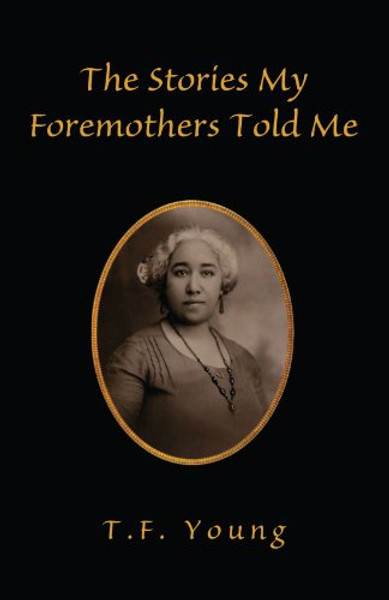Product Overview
In 2000 I received an Undergraduate Research Grant from the University of North Florida to explore my family history. Funds from the grant enabled me to return to the Mississippi-Louisiana Gulf Coast where I tape-recorded conversations with my mother, her sisters, and a female cousin. The grant also included an independent study with Dr. Bill Slaughter, Chair of the English Department at UNF. Under his direction, I began to document what life was like for my foremothers. My plan was to speak with as many women as I could, and to tape record our conversations. Each of the five women I interviewed provided me with her unique memories on growing up in the South, and each requested I give her a pseudonym in order to protect her privacy. Out of respect for this request, I changed their names to Nola, Faith, Hope, Mary, and Marie. Most other names of people and places mentioned in their stories were also changed. Nola I interviewed Nola twice, in May 2000 and again in August 2000 at her home in Ocean Springs, Mississippi. She is the oldest of fourteen children, and was born on July 19, 1931, in New Orleans' Charity Hospital. Although it was difficult interviewing Nola, I now have a much better understanding of her. In her lifetime, she has survived poverty, racism, the death of both parents, rearing ten children and two of her sisters, the death of a son, the death of a husband, alcoholism, and the overcoming of alcoholism. Nola remembers what it was like growing up Creole, and she remembers how both Black and White people treated her: 'It was nice to be Creole amongst the Blacks, but then when we were amongst the Whites, we were just another Black. In the Black community, we were treated special, you know; your skin was light, your hair was nicer. Back then Blacks were almost as prejudice as the Whites are now against the Blacks. Because, back then you stayed with your own color. I can remember when I first started dating my husband, who was very dark, the people with light skin wanted to know what did I see in that Black boy. 'The White people, they treated us very bad. I mean they let you know you were Black. When I was growing up, the signs were still there. For Colored Only. For White Only. There were two ten-cent stores in town, Kress and Woolworth, and the water fountains were in the back of the store. One fountain was for Whites only and one was for Coloreds only. My brother and I, well, it made our day to go drink out of the White Only fountain when no one was looking, and if the clerk saw us, she would run us out of the store. Hope I interviewed Hope in July 2000, in Gulfport, Mississippi. I asked her where she was born; she didn't know: 'Some people say I was born at home and some say I was born in a hospital. Somebody else said I was born at home, so I don't know. My uncle's wife said she came to see me in the hospital; but I think your mama said I was born at the house, and delivered by a midwife. 'You don't have a copy of your birth certificate? I asked. 'Yes, Hope answered. 'Well, on your birth certificate, where does it say you were born? I asked. 'I never looked, she replied. Hope remembers what it was like to be Creole. She talked about moving from an all-Black Catholic school, after eighth grade, to an all-Black public high school: 'Those girls in school would tell me I was ugly, and my friend would say, 'They're just jealous of you child because your skin is light and your hair is long.' In high school they told me I was ugly for so long, until I believed it. I had a hard time getting over being self-conscious. I think it's sick when you're Black and you don't like your own color. My daddy's family taught him not to associate with dark people. When he married my mother, he went against his parents' wishes and that's why he couldn't finish college. A lot of Black people are like that, when the only difference is the color of our skin. People associate Black with e






